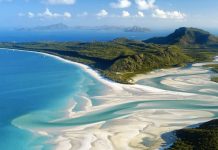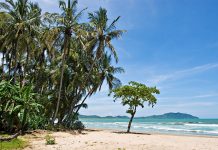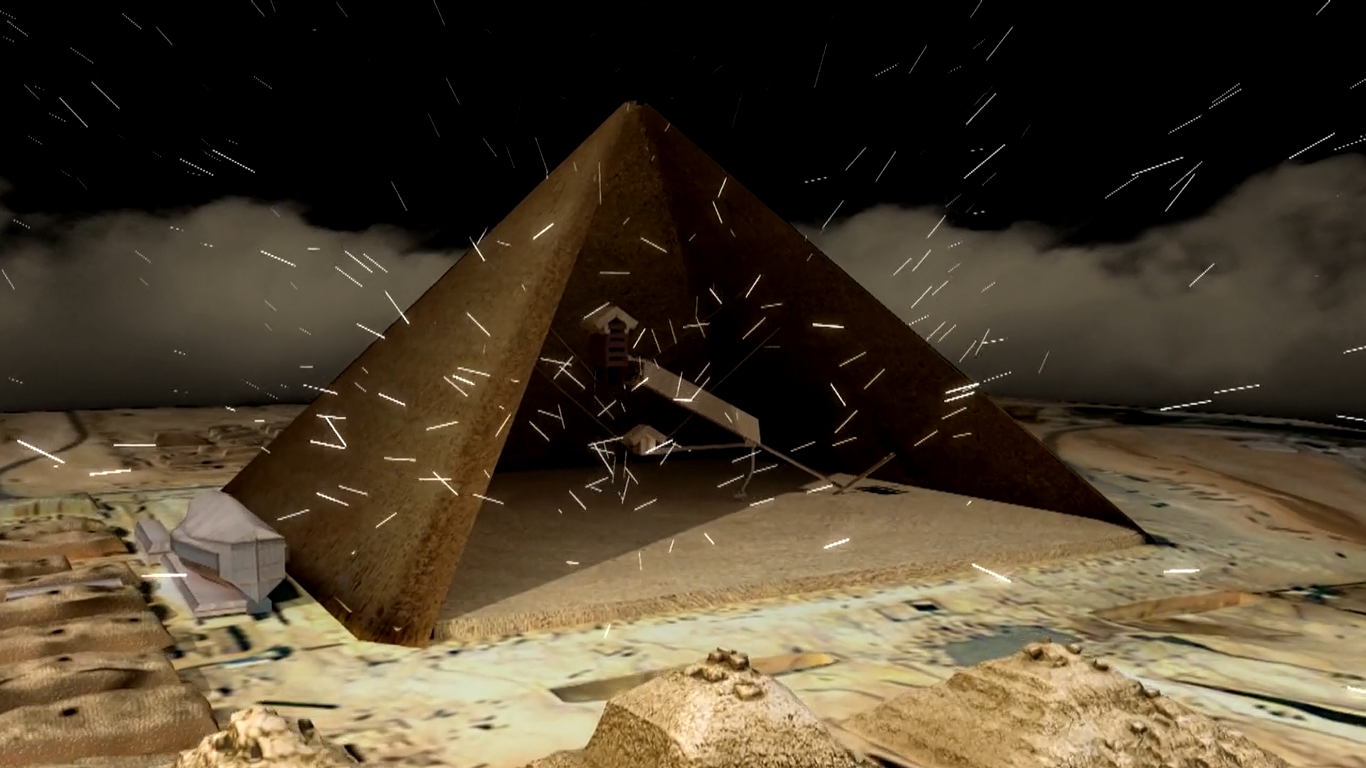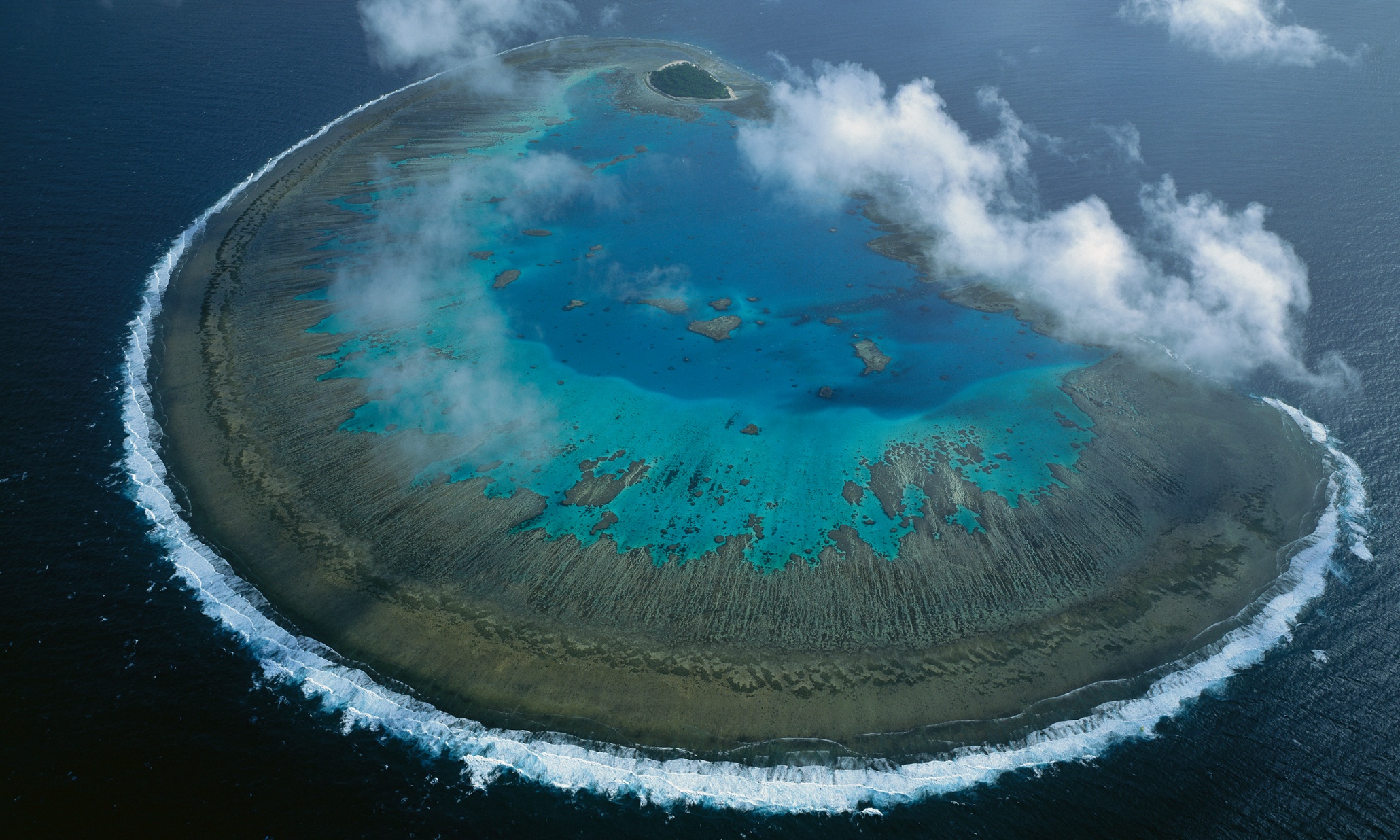After years of civil war that claimed the lives of more than six million people and a long history of corruption and political instability, the Democratic Republic of the Congo is not on many travellers’ bucket list.
But there is now one very good reason why they may be more interested. Africa’s oldest national park, the beautiful and other-worldly Virunga, in the east of the country bordering Rwanda and Uganda, reopened this year after the war ended.
It is a magical place, 3,000 square miles of snow-capped mountains, glaciers, active volcanoes, lush mountain forest and savannahs. Yet another battle is now playing out here, one between integrity and greed.
Congolese park rangers are fighting to protect many of the world’s last 880 mountain gorillas who live here – from both poachers and the threat of British oil company Soco International. The FTSE 250 company had been planning to explore for oil inside the park, even though it is protected under Congolese and international law as a Unesco world heritage site.
I am the producer of a newly released documentary, called Virunga, which tells the tale of hope for the region and the 381 rangers who work to protect this vast and biodiverse habitat.
The film follows, among others, Emmanuel de Merode, the charismatic and driven park director, who has an ambitious plan to bring sustainable development and economic growth to the area. De Merode is no wishy-washy eco warrior. He’s a pragmatist and a visionary, aiming to bring 100,000 jobs to the region in the next 10 years through his Virunga Alliance programme. This will, he says, “offer a critical pathway to a post-war economy in eastern Congo based on principles of poverty reduction, environmental protection and peace-building”.
The director of the film, Orlando von Einsiedel, who spent almost a year in the area, is also passionate about its potential: “Virunga really could be the key to lasting peace for eastern Congo. Virunga Alliance is set to alleviate much of that, if it’s given the opportunity to thrive.”
And it is the development of tourism in the park could save the day. Despite the British Foreign Office still warning against travel to eastern Congo, it seems many visitors are realising that it is safe to go to Virunga.
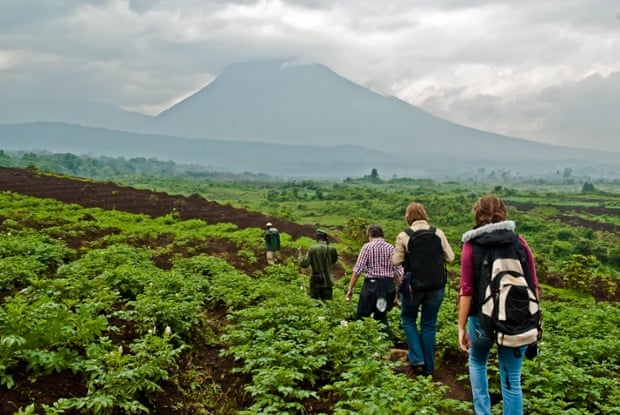
Photograph: LuAnne Cadd
Since the park reopened in January, after being closed for a year, accommodation has been full to capacity, with tourists visiting the southern sector (42 from the UK, 63 from France, 87 from Belgium and 89 from the USA) to see critically endangered mountain gorillas, a hugely diverse range of other species, and awe-inspiring landscapes – including astonishing views of the world’s largest lava lake.
Consider the growth of tourism in neighbouring Rwanda, and its benefit to the recovery of the economy there, and the potential of eastern DRC tourism doesn’t seem unrealistic. The direct revenue from gorilla permits in Rwanda is estimated at $15m a year. Virunga national park could generate as much or more revenue from its tourist attractions.
In 2010 and 2011, Virunga’s luxury Mikeno Lodge hosted 5,000 tourists, generating over $1m in revenue.
To reach the park most tourists fly into Kigali airport in Rwanda, then take a three-hour taxi ride to the border crossing at Gisenyi. The park provides secure transportation to its headquarters, Rumangabo, where Mikeno Lodge offers 12 luxury bungalows. Excursions include spectacular Nyiragongo volcano, where trekkers can also camp in the collection of 12 shelters on the summit of Mount Nyiragongo, next to the lava lake.
Just outside the park boundary is Bukima Tented Camp, one of the main starting points for Virunga mountain gorilla treks, with six luxury tents and views of 4,437m Mount Mikeno. A shared tent is $325 per night B&B, while doubles at Mikeno Lodge are US$325. A permit to trek at Nyiragongo, including accommodation in the huts, costs $255.
It may be luxurious, but visiting Virunga will help save the gorillas, and is a statement of support for the honourable rangers who have lost many of their colleagues in recent times, fighting on the front line of conservation to protect an asset, not only for their country, but for the rest of humanity.
• For further information on the park, including a list of recommended tour operators, see visitvirunga.org
Joanna Natasegara is the producer of the Viunga documentary which is now available on Netflix
Powered by WPeMatico


